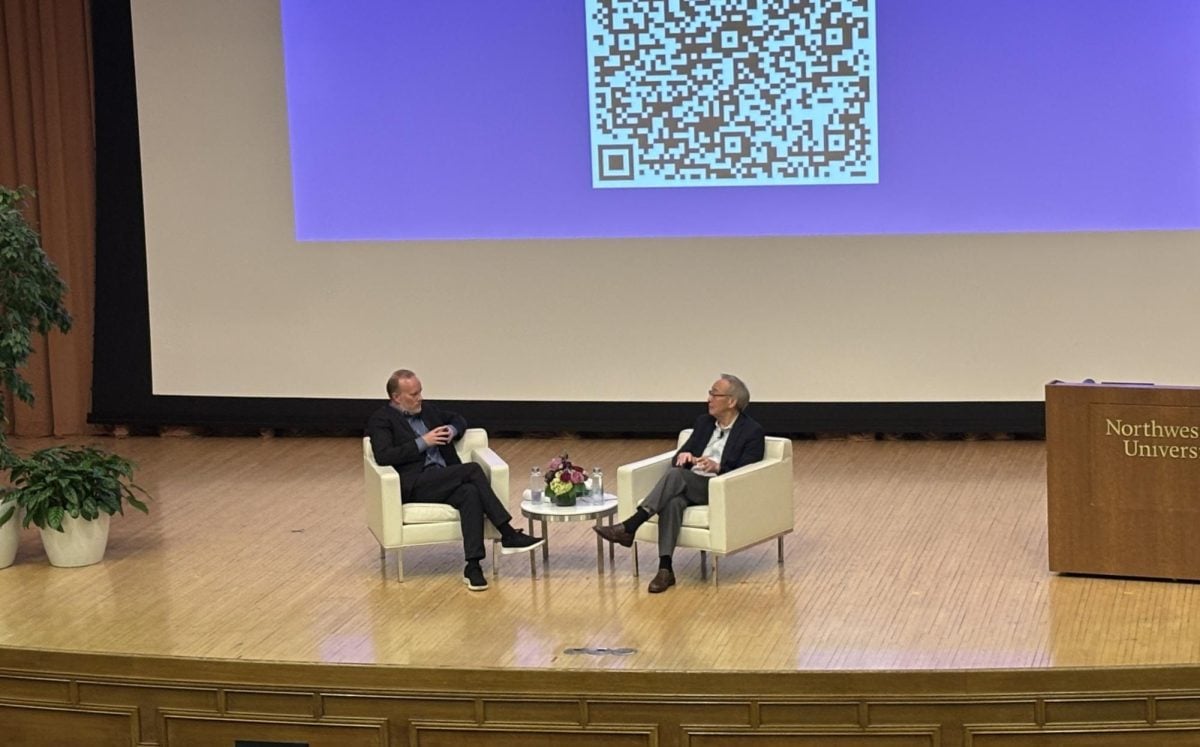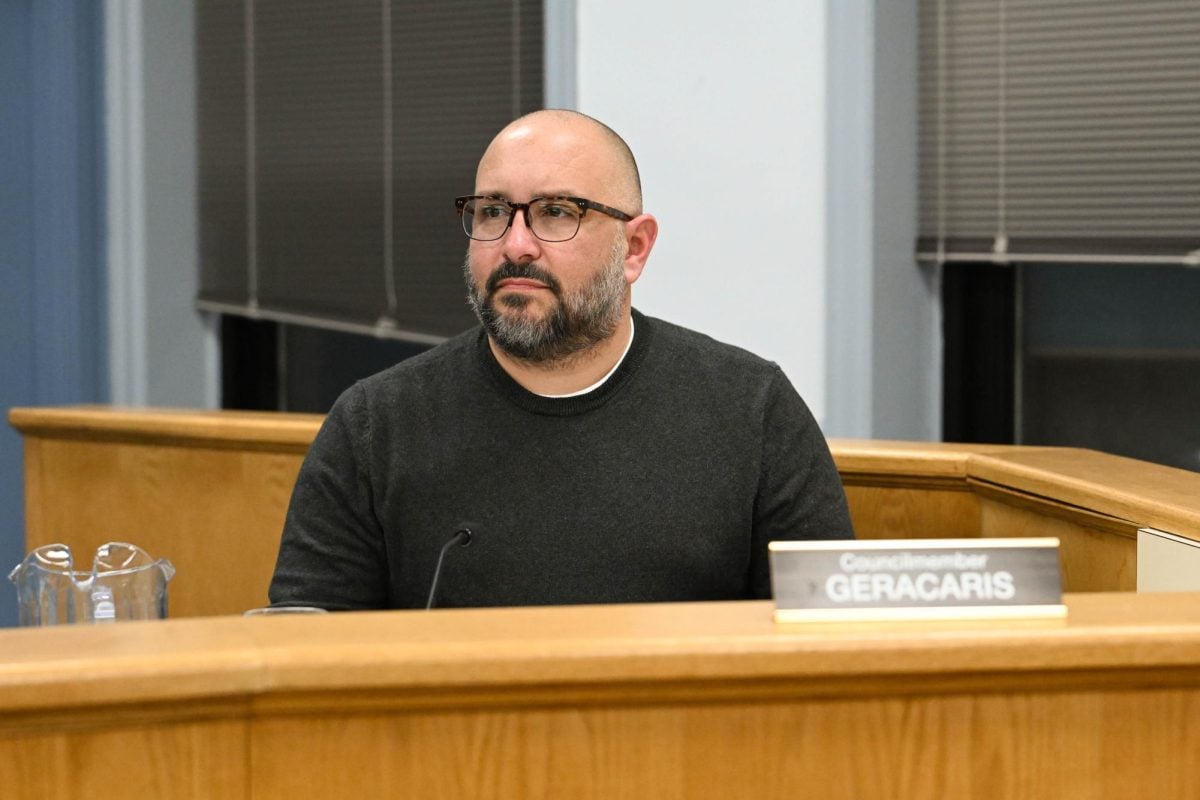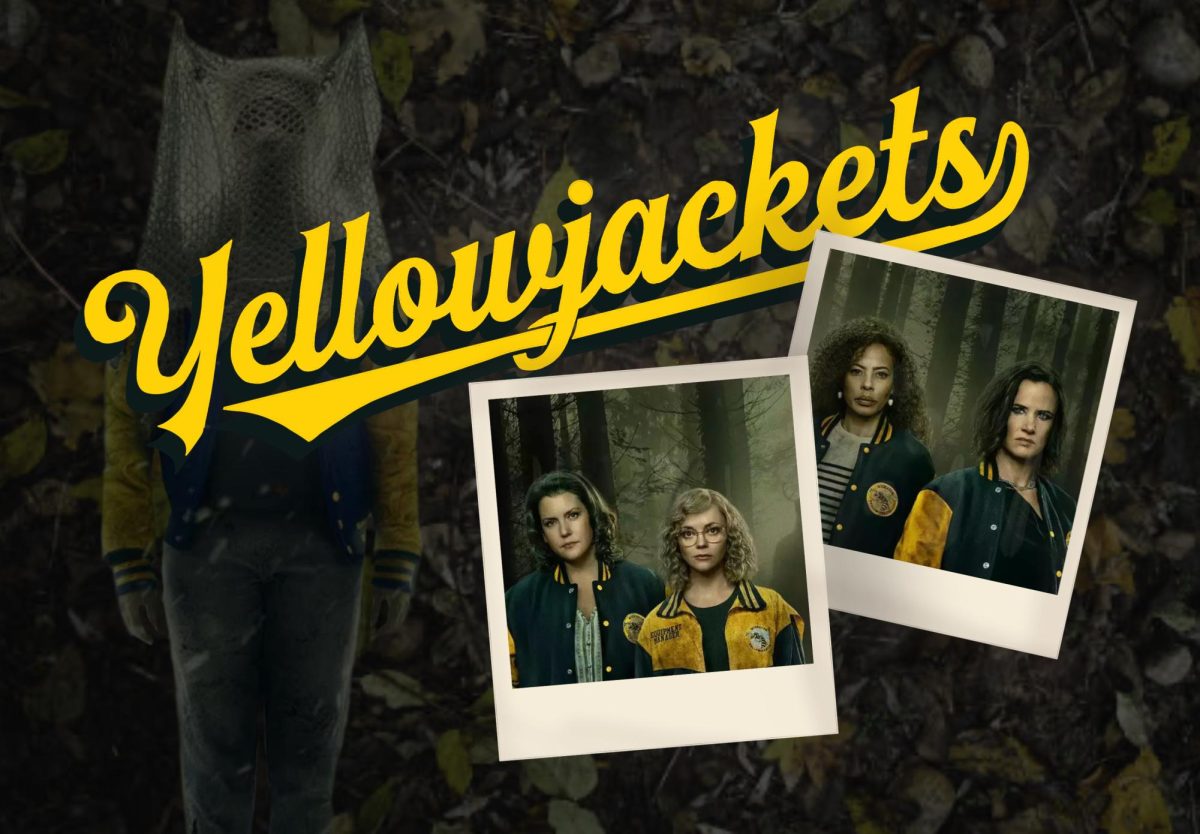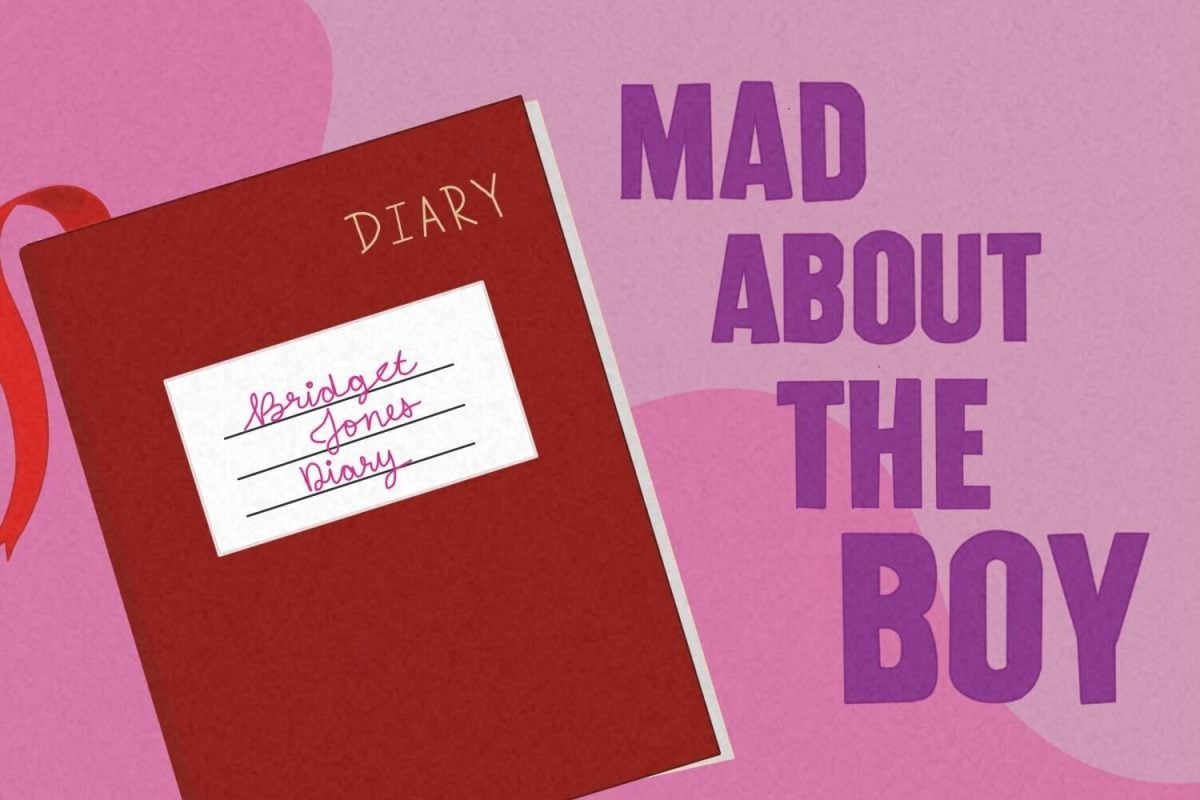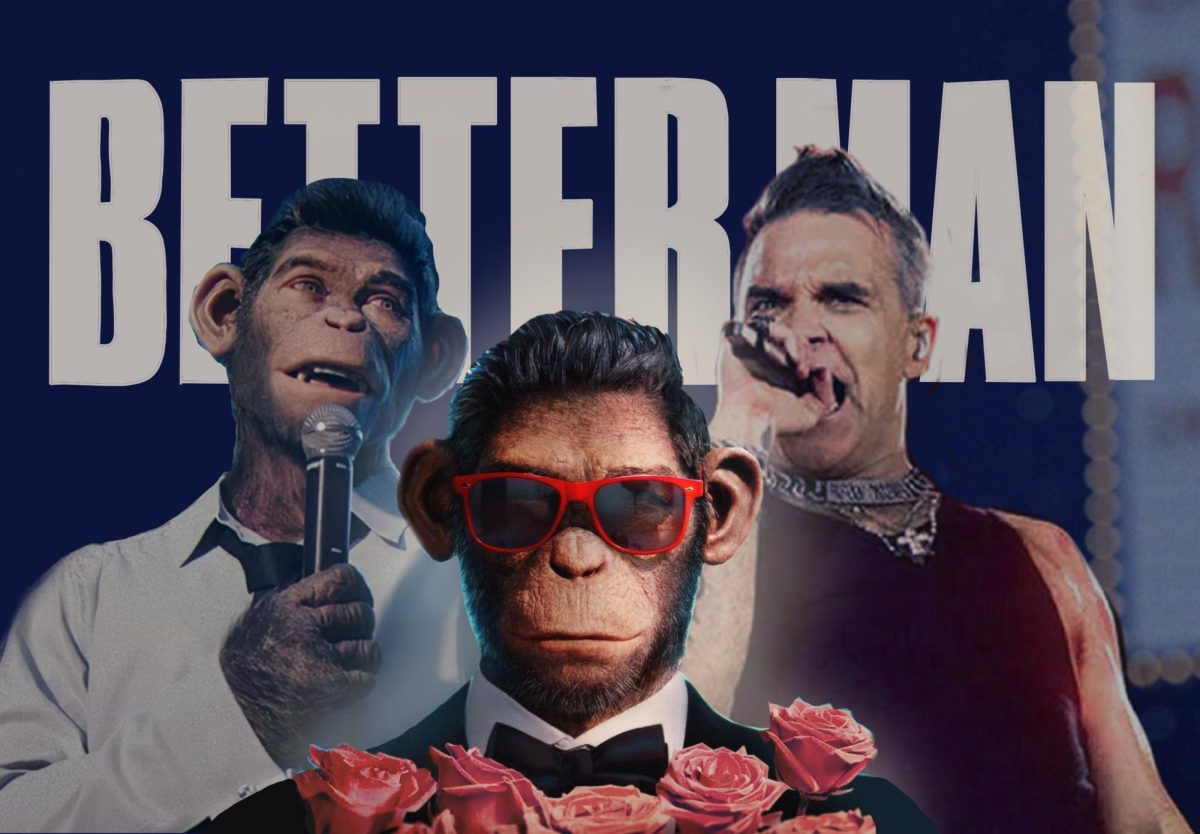Belgian director Tim Mielants’s film “Small Things Like These” premiered Thursday evening at the Chicago International Film Festival.
In “Small Things Like These,” Bill Furlong (Cillian Murphy) is a coal merchant who slowly uncovers the mistreatment of girls in a local Catholic school governed by nuns. The 1980s film, adapted from Claire Keegan’s 2020 novel of the same name, shows how a small Irish town turns a blind eye to corruption and remains passive in the face of abuse.
While Mielants was in Chicago for the film’s premiere, The Daily sat down with him to learn about his relationship with Murphy, creating timeless stories, and depicting moral dilemmas and vulnerable men in movies.
This interview has been lightly edited for brevity and clarity.
The Daily: Aside from the 1982 song “Come on Eileen” and the old cars, there isn’t much indication of when the film takes place. Was this to make the story more timeless?
Mielants: I feel that explaining something is the end of drama. I don’t want to explain to people what’s going on because then you get emotional distance from it. The pop songs are selling the ’80s a little bit. It might be a story that took place in the ’30s or the ’40s, but it was still going on in Ireland in the ’80s.
The Daily: While Furlong is the primary face on camera during the film, it’s the female voices that speak the loudest. How did you approach this balance of who is shown and who is heard? What is that choice signifying?
Mielants: What’s important is that the injustice and the oppression was against women, but the men didn’t do anything and were watching. That’s very important to be aware of. (Keegan) tells that story through the male perspective because you get the perspective of half of the population who didn’t do anything. The essence of the movie is, “If you’re silent, you are complicit.” That kind of injustice is a collective problem.
The Daily: The audience can see when Furlong is noticing and evaluating his environment. How was his expressive face considered in the process of this movie?
Mielants: The pain the character went through is pain that I experienced myself. I was kind of mapping out my own pain in the stages of grief. So all these silences are layered with specific thoughts and very structured. And of course, he’s the best actor on the planet, so that’s good. He can do it all.
The Daily: A journalist from The Hollywood Reporter mentioned how you’ve created a different image of Irish masculinity in Furlong’s quiet nature. How do you think growing up in Flanders allowed you to view this Irish story through a different lens? And, do you think Americans will process your message differently than say Irish or Europeans?
Mielants: I believe it’s universal. There’s not such a huge difference between Ireland and Belgium. We have Catholic churches in every layer of society. Men are not allowed to talk about their emotions. But I kind of like vulnerable men who can cope with their emotions. I love them as movie characters. They don’t talk, they don’t say it, they just do it. I think in this day and age, we need more non-muscular, vulnerable men at the center of stories. That’s important to counter the toxicity a bit.
The Daily: Do you have advice for college-age kids about navigating moral dilemmas and learning from the past?
Mielants: Look at history. It comes back all the time. It makes circles. Growing up, I still knew the people from the war generation. I heard their stories and I go back and look at them, and look at what happened in history, and make sure you don’t make the same mistakes because history does repeat itself.
Email: gracejordan-weinstein2027@u.northwestern.edu
X: @gracejw215
Related Stories:
— Chicago International Film Festival returns for 60th anniversary
— Reel Thoughts: Coppola’s ‘Megalopolis’ delivers miniature returns
— Applause for a Cause to screen mafia, mobsters-filled ‘NECRO 101’








